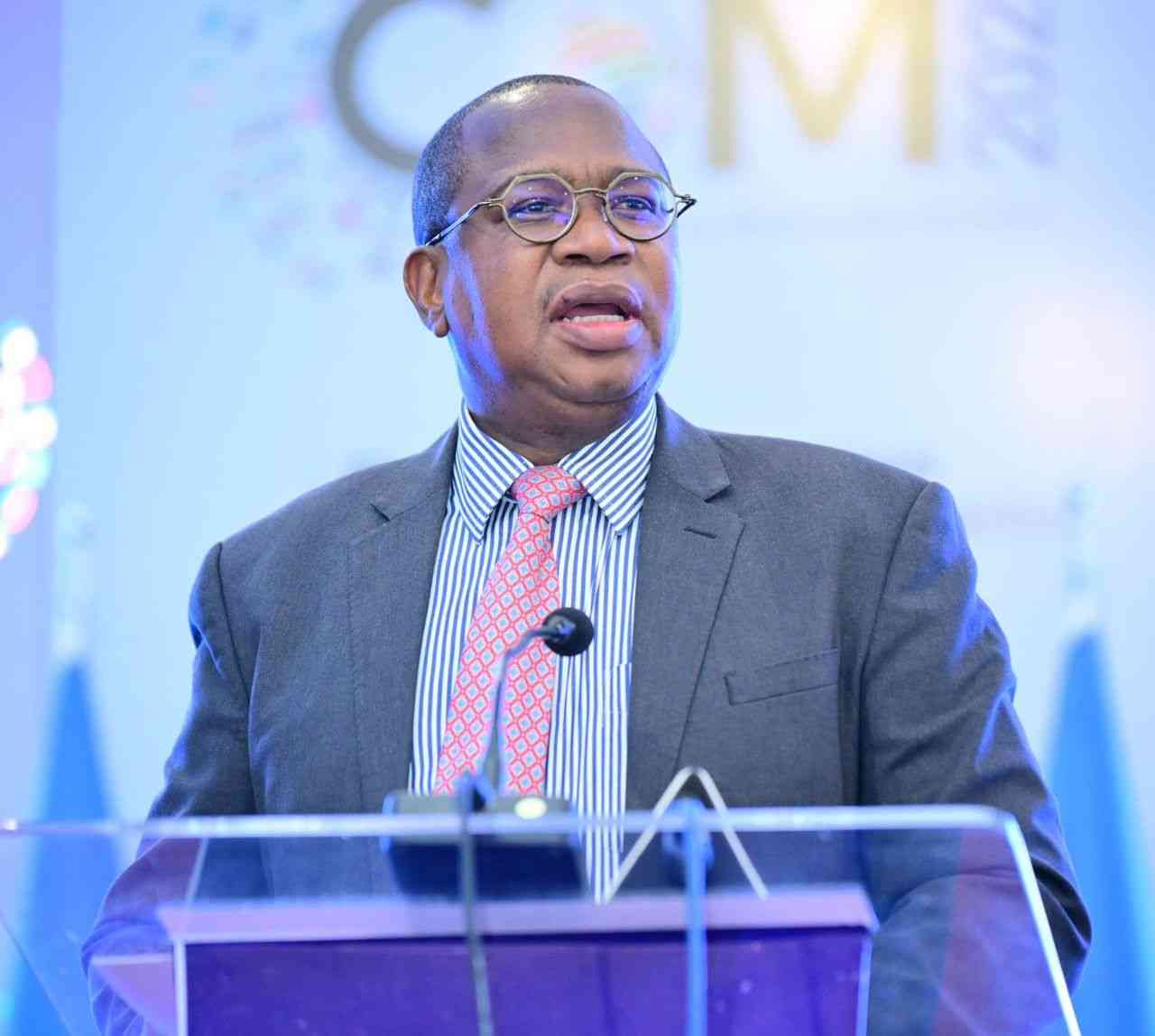
FINANCE minister Mthuli Ncube is insisting that the government will stick to its tight monetary policy despite cries that it is choking industry and precipitating company closures.
Zimbabwean companies are struggling to remain afloat due to a skewed exchange rate, escalating operational costs and soaring inflation.
One of the country’s largest sugar producers, Triangle, last week announced that it would retrench its workers after cost-cutting measures failed.
A number of retailers are also facing serious operational challenges that have been worsened by a balloning informal sector.
The local currency, the Zimbabwe Gold (ZiG), that was introduced in April to replace the inflation-ravaged RTGS, has been struggling to hold its own against major currencies since its launch.
Formal businesses are required to set prices based on the official exchange rate of 26.9 to the United States dollar, which sells for as much as ZiG40 on the more widely used parallel market.
In September last year, the Reserve Bank of Zimbabwe devalued the ZiG by 43% in an effort to bring the official exchange rate closer to the parallel market rates.
Ncube said the multi-currency regime had managed to stabilise different sectors of the economy and there was no need to change the policies.
- Awards target married couples
- Budget dampens workers’ hopes
- Govt issues $24 billion Covid-19 guarantees
- Letter to my People:They have no answers for Nero’s charisma
Keep Reading
“The tight monetary policy has been very helpful in making sure that we have stability and supporting the value of the ZiG,” he told an online discussion last week.
“We also have been able to make sure that on the fiscal front, we did not monetise the high budget deficit, and we have been keeping it under control, and this has helped in keeping the economy stable.
“Maintaining the low interest rates has also been able to maintain the stability of the ZiG.
“We have also managed to keep the exchange rate stable over time," he said.
“People might say that we are ignoring the real challenges that the economy is facing, but rather we are facing them head-on.”
“We have maintained a multi-currency regime, and we all have the option to use the local currency or the foreign currency, need be; both can be used. It has worked well so far.”
Ncube, however, admitted that full dollarisation of the fuel sector had prevented shortages.
“I do not think that we would want to disturb it for now,” he said. “If you have noticed, the queues that we used to have disappeared and we no longer have fuel shortages.
“I think you should applaud us for that.”
The minister also disputed claims by the Confederation of Zimbabwe Retailers that high digital transaction costs, particularly the intermediated money transfer tax (IMTT), were a significant barrier to the adoption of the ZiG.
“On the IMTT issue, we did research, and we were able to prove that the IMTT did not discourage the use of the ZiG at all,” Ncube said.
“There might have been other considerations, but IMTT was not one of them.
“Unless you can come up with proof that it was discouraging the use of ZiG, we are open to your suggestions and hearing from you.”
Economist Brains Muchemwa said practising fiscal discipline was key to resolving exchange rate challenges.
“The exchange rate distortions have seen the formal retail sector losing competitiveness to the informal tuck-shop sector that has chipped away more than 30% of the market share,” Muchemwa said.
“Sadly, the economy has been losing jobs and more importantly, tax revenue.
“Resolving the conundrum requires fiscal discipline, without which exchange rate management remains chaotic.”
Local research firm, Equity Axis, has predicted that the ZiG will depreciate by 52% this year owing to increased fiscal spending.
Securities firm Morgan & Co said ZiG consumer pricing index continues to trend upwards, mainly driven by alcoholic beverages and tobacco, as well as food and non-alcoholic beverages, whose price levels have risen by 88% and 80%, respectively, since the September devaluation.










